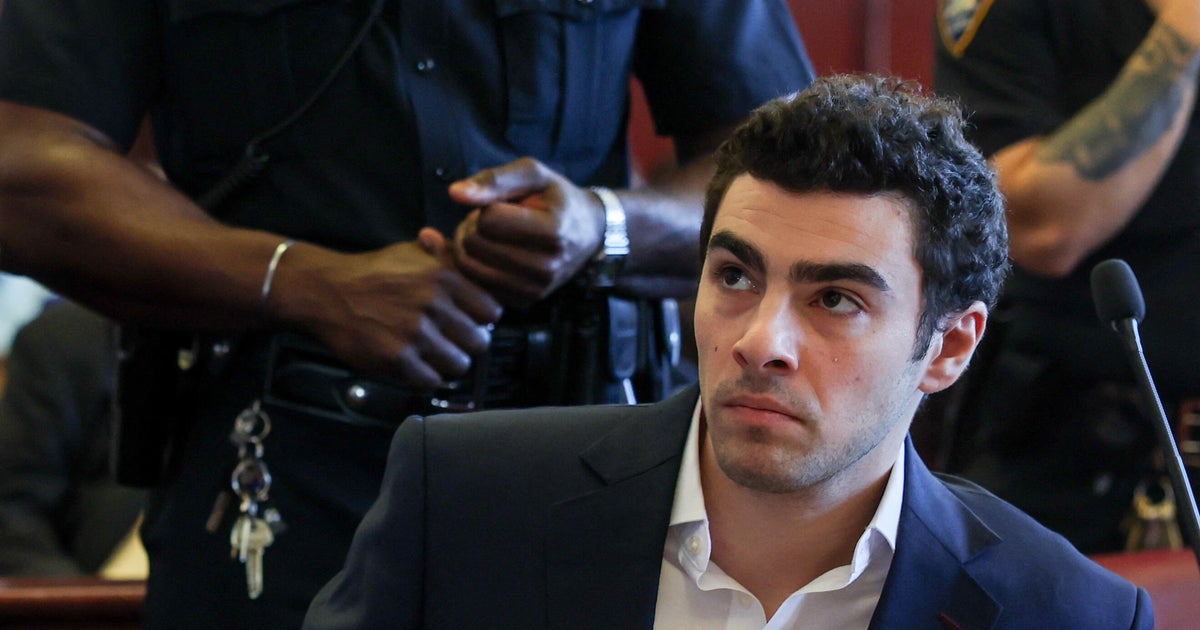Florida seeks go-ahead in Duane Owen execution
TALLAHASSEE - Disputing arguments about Death Row inmate Duane Owen's mental competency, Attorney General Ashley Moody's office is requesting the U.S. Supreme Court clear the way for his execution Thursday in the 1984 murder of a Palm Beach County woman.
Moody's office said in two filings Tuesday that the Supreme Court should reject an attempt by Owen's attorneys to halt the execution. Owen's attorneys sought a stay Monday, contending that he "lacks a rational understanding of the connection between his crime and impending execution due to his fixed psychotic delusions and dementia."
But Moody's office pointed to rulings by state courts, including the Florida Supreme Court, that rejected the mental-competency arguments.
"Now before this (U.S. Supreme) Court, just days before his scheduled execution, Owen repackages most of the same evidence as a claim that he is insane to be executed," one of Tuesday's filings by Moody's office said. "This continued recycling of the same suspect and incredible facts to support a stay would be a gross miscarriage of justice and would amount to a commutation of his death sentences for the duration of the stay. Owen is not entitled to any further review."
The U.S. Supreme Court had not ruled as of Wednesday morning, according to its website.
Gov. Ron DeSantis on May 9 signed a death warrant for Owen, 62, in the murder of Georgianna Worden, who was bludgeoned with a hammer and sexually assaulted in her Boca Raton home in May 1984, according to the death warrant and court records.
Owen also was sentenced to death in the March 1984 murder of 14-year-old Karen Slattery, who was babysitting at a Delray Beach home, according to court documents. Slattery was stabbed to death.
The warrant touched off a flurry of legal battling, with Owen's attorneys trying to convince courts that he is not mentally competent to die by lethal injection. The arguments are based on the U.S. Constitution's Eighth Amendment, which bars cruel and unusual punishment, and legal precedents that prevent executing people who are not mentally competent.
"Florida has a minimal interest in finality and efficient enforcement of judgments, but Owen, whose delusions and dementia prevent him from rationally understanding the consequences of his execution, has a right in ensuring that his execution comports with the Constitution," Owen's attorneys said in a document filed Monday at the U.S. Supreme Court. "This right includes the ability to have meaningful judicial review of the complex constitutional claims he timely raises."
Along with a stay, the attorneys want the U.S. Supreme Court to order briefing about the issues or to send the case back to the Florida Supreme Court.
The Florida Supreme Court issued two opinions last week that refused to halt the execution. One of the opinions upheld a ruling by a Bradford County circuit judge who concluded that Owen was "feigning or malingering psychopathology to avoid the death penalty."
In one of the filings Tuesday, Moody's office said Owen's "argument is another futile attempt to have this (U.S. Supreme) Court reweigh the evidence, make different credibility findings based on Owen's assessment, and substitute Owen's suggested findings for that of the state courts."
In another filing, Moody's pointed to an "interest of finality" for the victims' families and the state.
"The victimization continues to occur to the families and loved ones of Owen's murder victims," Moody's office argued. "Additionally, the State of Florida as a sovereign, is entitled to enforce its laws and carry out this sentence. The longer it is delayed, the greater the assault is on the sovereign's legitimate interest and that of the families of Owen's victims."
The execution is scheduled at 6 p.m. Thursday at Florida State Prison.







